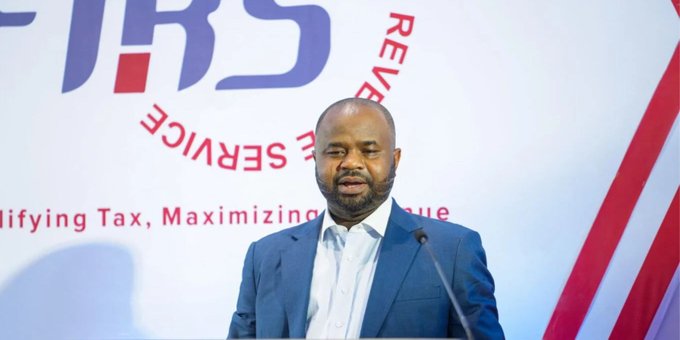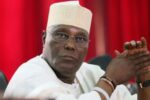Only 19% Of Nigerians Currently Pay Taxes – FIRS Chairman Adedeji

Zacch Adedeji, the Executive Chairman of the Federal Inland Revenue Service (FIRS), has disclosed that only 19% of Nigerians pay taxes, based on findings from multiple studies carried out by the agency.
Adedeji shared his thoughts during the launch of a new book titled “Taxation: Essential Knowledge for Nigerian Children”, published with full support from the FIRS.
He was represented at the event by Aisha Mahmoud, his Special Adviser on Research and Statistics.
The book, authored by Aderonke Atoyebi and Ejura Haruna, aims to educate young Nigerians about the significance of tax payment from an early age.
“First of all, I want to say that we have run a couple of studies and we have found out that tax compliance is positively correlated with tax education,” Adedeji said.
“When children are educated, they grow up to become responsible people, pay their taxes and do what is right. We have carried out studies and we have found out that only 19 percent of Nigerians pay taxes.”
“Why? Because it is easier to make younger children to become tax compliant when they grow up than reform tax-dodging adults. That is why we support anywhere that there are initiatives to publish books like we have done today.”
He further noted that while some reports indicate 19 percent compliance, others suggest the figure could be as low as 10 to 15 percent.
His comments come amid renewed efforts of the government to ramp up tax revenue in the country.
In the speech commemorating his two years in power, President Bola Tinubu noted that to promote fairness and accountability, the country is establishing a Tax Ombudsman, an independent institution that would protect vulnerable taxpayers and ensure the system works for everyone, especially small businesses.
“Most importantly, we are laying the foundation for a more sustainable future by introducing a new national fiscal policy. This strategic framework will guide our approach to fair taxation, responsible borrowing, and disciplined spending,” he noted.





